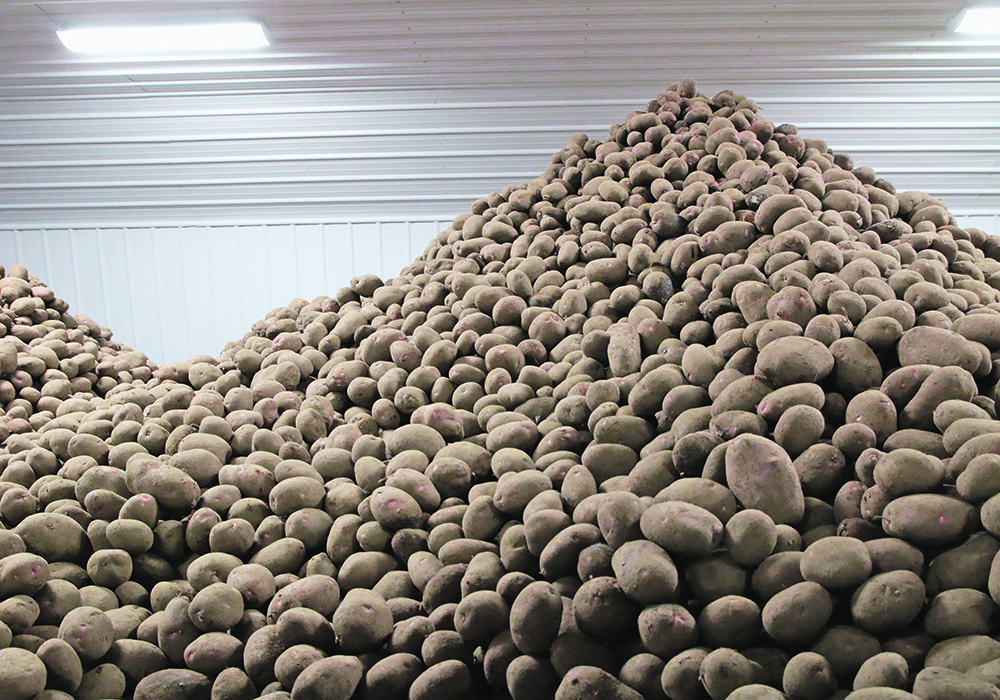Prince Edward Island potato growers hope that sending spuds to Alberta for processing will ease struggles caused by export restrictions.
It won’t make a big dent in the supply backlog, but Island potato farmer Terry Curley of Monaghan Farms said it helps.
“Every little bit is a help and that’s the way we’re looking at it,” said Curley. “We’re predominately potato chips here, but we do export those all over the world and have for 20-plus years, so the logistics from here to Alberta are not insurmountable.”
Read Also

Gene editing digs deeper space in Canadian plant breeding
More Canadian research into crop variety development is incorporating gene editing, and one researcher notes that Canada’s regulatory approach to gene editing will help drive innovation
P.E.I.’s largest potato export market, the United States, is currently closed due to potato wart being found in Island spuds.
Curley said P.E.I. has shifted to non-traditional processing facilities in the past, having done so in the early 2000s into Idaho. As well, Alberta has shipped its spuds east recently due to poor conditions on the East Coast.
“Right now, we can’t go into the United States. We can only go Manitoba, Alberta and maybe New Brunswick,” said Curley. “Lamb-Weston came here first so we did an arrangement. We’ve had a good relationship with Lamb-Weston from 10 years ago when we did this before so when they came looking for product, we sourced it, did the testing, packaging. They arranged for the shipping and so far, it’s been working fine.”
Terrance Hochstein, executive director with Potato Growers of Alberta, said the need to bring more potatoes into Alberta is linked to poor yields last year.
“We’re short, Manitoba is somewhat short, Washington is short, Idaho short. When you get the biggest french fry potato growing area in North America short, it becomes an issue.”
While both provinces grow russet burbank processing potatoes, the differences in growing conditions in P.E.I. versus southern Alberta irrigation can produce variations. That’s on top of the variety being tailored to chips in the East and fries in the West.
“There is a potential for a lot of loads to come into Alberta but they have to be able to make the finished product that Lamb-Weston needs for its customers,” said Hochstein. “Am I confident that it will happen? Yes, but you can’t just start shipping loads and find out they don’t work.”
There are also inter-provincial regulatory hurdles to overcome. Hochstein said the out-of-province potatoes cannot displace those grown in Alberta.
That shouldn’t be too difficult to show given last year’s drought in the West, said Hochstein, and the economic impact will be limited.
“Lamb-Weston did not have enough potatoes here in Alberta. The plant is still running, it just would have shut down earlier than normal,” said Hochstein.
Hochstein said he doesn’t know how much P.E.I. supply will be able to be brought into Alberta.
“But you have to start somewhere,” he said.
















